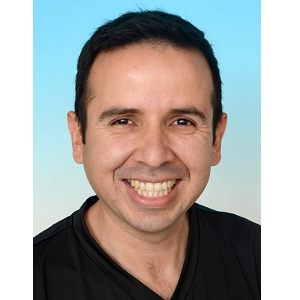Diabetes is a threat also in Brno
At the last summit of the World Health Organization (WHO), which took place on January 21, experts focused mainly on the dangers of a slightly underestimated disease, namely diabetes. The final report highlights that diabetes became one of the top 10 causes of death in 2019, an increase of 70 percent since 2000. It literally states: “Necessary efforts to prevent and control diabetes are limited, inter alia, by a lack of access to quality, safe, effective and affordable basic health services, medicines, diagnostics and health technologies.”
Similar results were obtained by researchers from the Kardiovize research team of the International Clinical Research Center of St. Anne’s University Hospital Brno (FNUSA-ICRC). When evaluating more than 2,000 inhabitants of Brno and the surrounding area aged 25-64, they found that 64.7% of them have a high risk of developing type 2 diabetes in the following years. This result only clarifies the fact that in the Czech Republic, diabetes mortality has increased by 68% in the last ten years.
One of the main obstacles to halting the rise in diabetes is the fact that patients are often diagnosed at later stages of the disease. Type 2 diabetes accounts for 95% of all cases of diabetes and can be prevented by proper prevention. There is so-called prediabetes, which is a slight increase in glucose values above normal. Patients with this diagnosis have a consistently high risk (up to 70%) of developing type 2 diabetes, which can occur at any time. And it is the period of prediabetes that is the ideal time for an effective campaign to prevent and inform the population about the dangers they may face.
However, this is hampered by the absence of this information among the general population. “There is no diabetes prevention program in Brno yet and it is difficult to set one if 8 out of 10 people ignore the risk associated with prediabetes,” said Juan Pablo Gonzalez Rivas MD, head of the FNUSA-ICRC Kardiovize research team. “This is an even greater challenge for us and we are currently working hard to adapt the general prevention program to the Czech population. We will have a pilot version in a number of months and then we will try to implement it to help as many people as possible. ”
Diabetes is one of the main areas of interest of the Kardiovize research team. In December last year, they published an original article (DOI: https://doi.org/10.1016/j.eprac .2020.10.003), which contains a new model for the diagnosis and stratification of glucose changes in patients called the Dysglycemia Based Chronic Disease Model (DBCD). This new model aims to motivate patients and physicians to support preventive strategies, from the phase of insulin resistance to prediabetes and type 2 diabetes.


